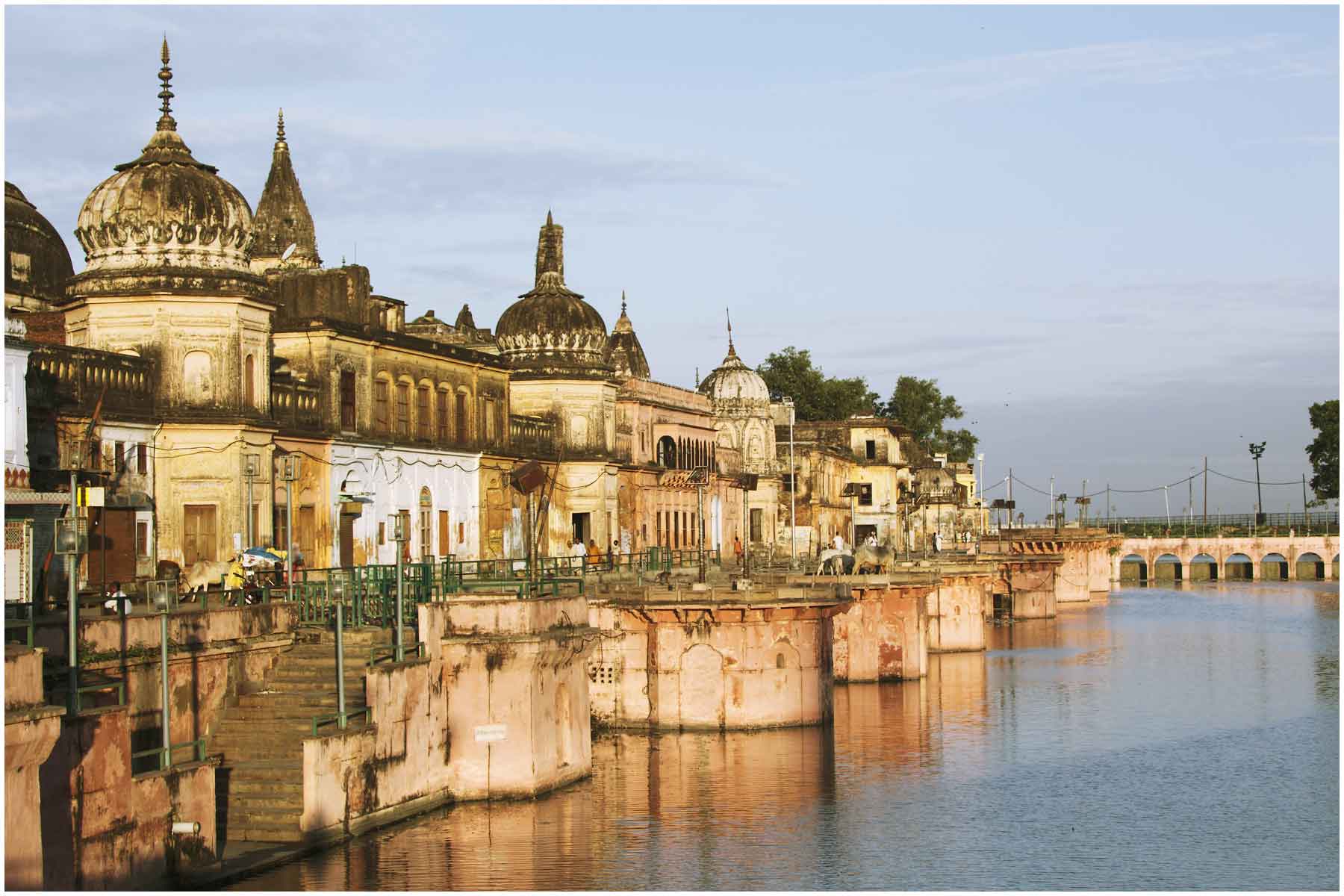New Delhi: With the Supreme Court resuming the final leg of hearings in the Babri Masjid case on Monday, the Ayodhya district administration has decided to impose Section 144 until December 10.
According to reports, Ayodhya district magistrate Anuj Kumar Jha said the decision had been taken “keeping in mind the safety and security of people, upcoming festivals and the court verdict”. Section 144 of the Code of Criminal Procedure prohibits the assembly of five or more people. The restrictions came into effect on October 12, the magistrate said.
According to The Hindu, the order also prohibits people from flying drones and unmanned aerial vehicles within Ayodhya without permission, while a ban has also been imposed on overloading of boats. For Diwali, the manufacture and sale of firecrackers will only be allowed after permission is taken from the concerned magistrate, the newspaper reported.
Apart from Diwali, other festivals like Narak Chaturdarshi, Gowardhan Puja, Bhaiya Dooj, Chitragupt Jayanti, Chehelom, 14 Kosi and Panch Kosi parikramas, Karthik Purnima Mela, Guru Nanak Jayanti, Barawafat and Chhath Puja will also occur before December 10.
Also Read: Ayodhya Dispute: How Zameer Uddin Shah Fell Into the Hindutva Trap
The Babri Masjid was demolished on December 6, 1992.
According to India Today, the order may also have been imposed in the light of Ayodhaya seers and Vishva Hindu Parishad (VHP) leaders seeking permission to light diyas at the site. In response, petitioner Haji Mehmood said if the Hindu parties get permission to celebrate Diwali, he will seek permission to offer namaz at the disputed site.
Final leg of Supreme Court’s hearing
At the Supreme Court, the land dispute case will enter into the final leg on Monday, when the court will resumes proceedings on the 38th day after the week-long Dussehra break.
The day-to-day proceedings began on August 6 before a five-judge constitution bench headed by Chief Justice Ranjan Gogoi. The hearings began after attempts to mediate the dispute failed. The bench, also comprising Justices S.A. Bobde, D.Y. Chandrachud, Ashok Bhushan and S.A. Nazeer, said it would wrap up the hearing by October 17, a day sooner than the earlier schedule.
Fourteen appeals have been filed in the apex court against the 2010 Allahabad high court judgment, delivered in four civil suits, that the 2.77-acre land in Ayodhya be partitioned equally among the three parties – the Sunni Waqf Board, the Nirmohi Akhara and Ram Lalla.
Fixing the schedule for the final leg of the lengthy arguments, the Supreme Court bench said that the Muslim side would complete the arguments on October 14 and thereafter, two days would be granted to the Hindu parties to sum up their rejoinders by October 16.
On October 17, the hearing would be wrapping up and the parties will have to make the final arguments about the relief they are seeking.
The judgment in the matter is to be pronounced by November 17, the day when CJI Gogoi will retire.
(With PTI inputs)
